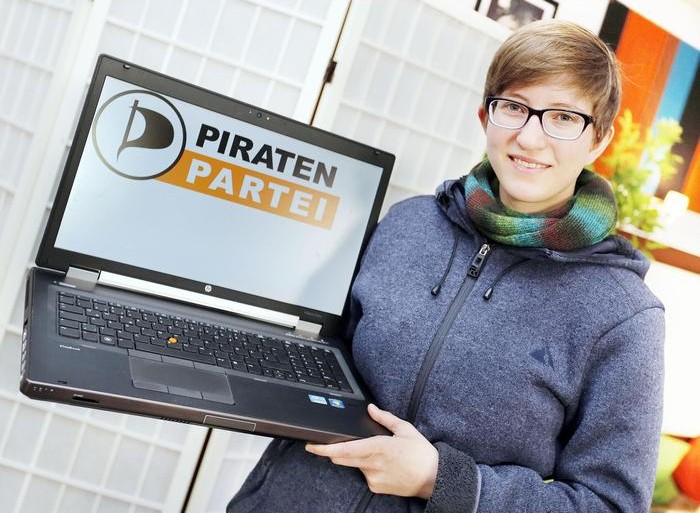Pirate Party won one seat in the European Parliament
 From May 22 to 25, elections to the European Parliament were held in all EU countries. The Pirate Party, which has regional representations in 12 European countries, also took an active part in them.
From May 22 to 25, elections to the European Parliament were held in all EU countries. The Pirate Party, which has regional representations in 12 European countries, also took an active part in them.In the last election five years ago, the Pirate Party surprised many people by managing to get two seats in parliament at once. This year, the "pirates" were going to build on success. Unfortunately, they didn’t have enough just a little to repeat the past result.
The Pirate Party of Germany won 1.4% of the vote and held one candidate in the European Parliament (for Germany, a quota of 96 seats has been allocated).
')
The pirate party of the Czech Republic was very close: with a score of 4.78%, it almost completely overcame the five percent barrier (21st place in the country). Very disappointing. If you live in the Czech Republic and ignored the elections - it should be a shame. Only 3337 votes were missing.
In Sweden, in the homeland of the political movement, the Pirate Party gained a modest 2.2% and was also left behind (in the last election it was 7.1%).
In Finland, the result is even worse: 0.7% , although Peter Sande, co-founder of The Pirate Bay, was running here.
Luxembourg performed well with 4.23% , but only 6 seats were allocated to this country, so it was difficult to count on going to parliament.
Well, it remains to rejoice at this, although hopes were at least two or three places. At least there is a “pirate” in parliament, so the history of the political movement continues.

The only candidate from the Pirate Party in the European Parliament is the German deputy Julia Reda , born in 1986, chairman of the Young Pirates of Europe movement.
Source: https://habr.com/ru/post/224161/
All Articles